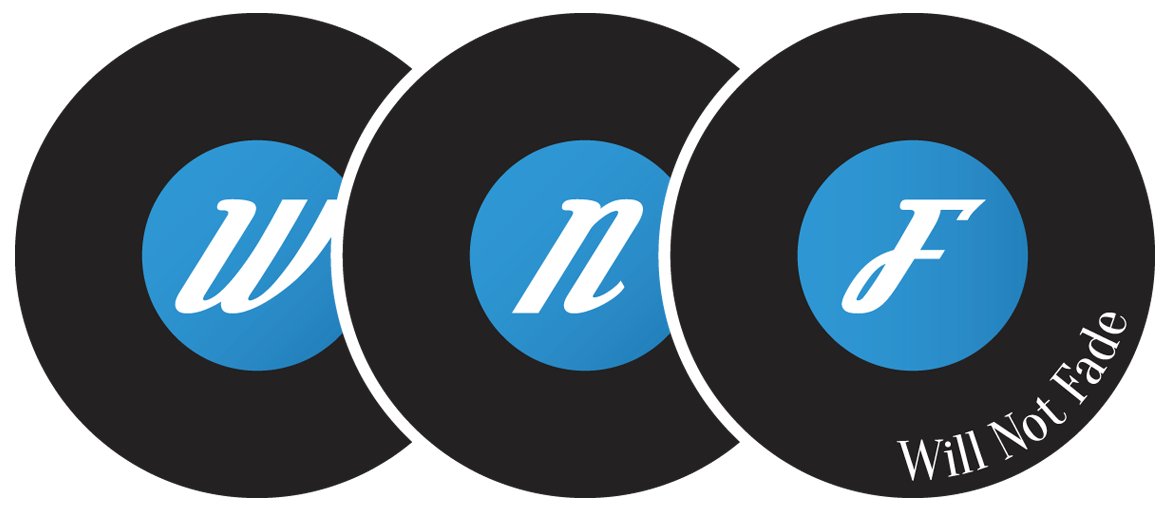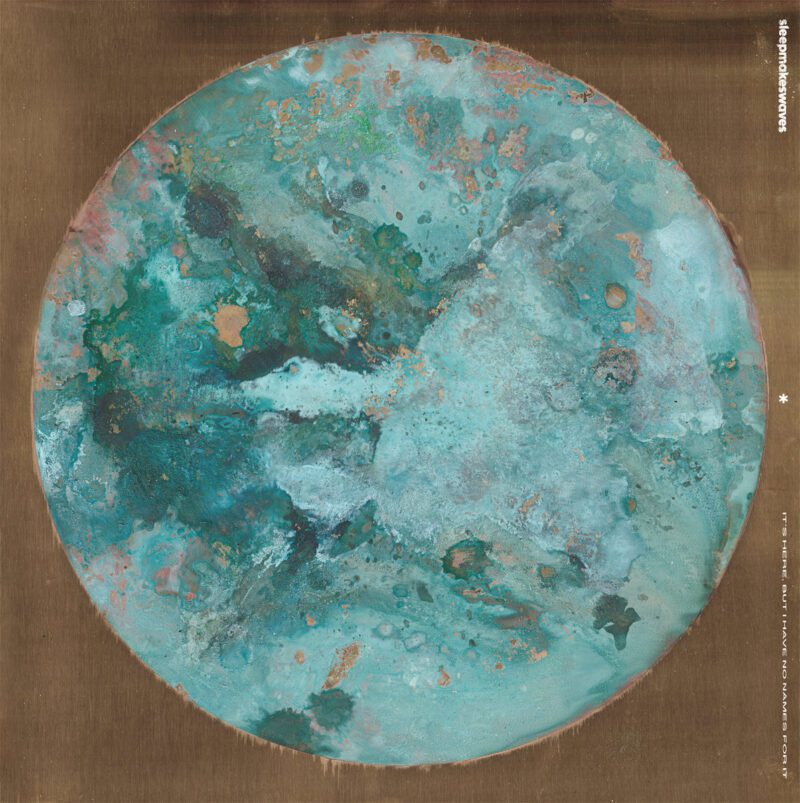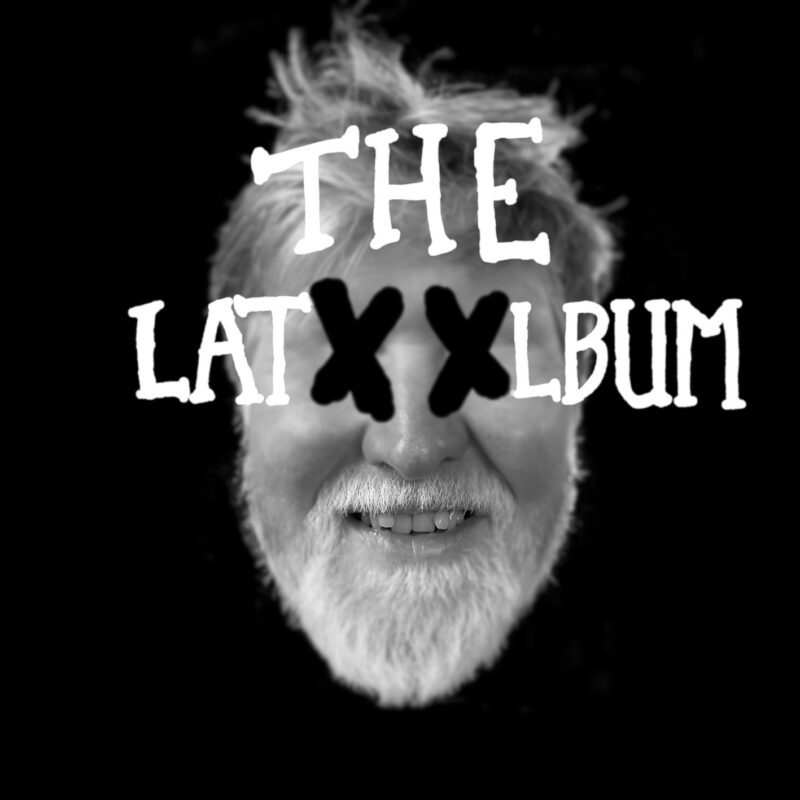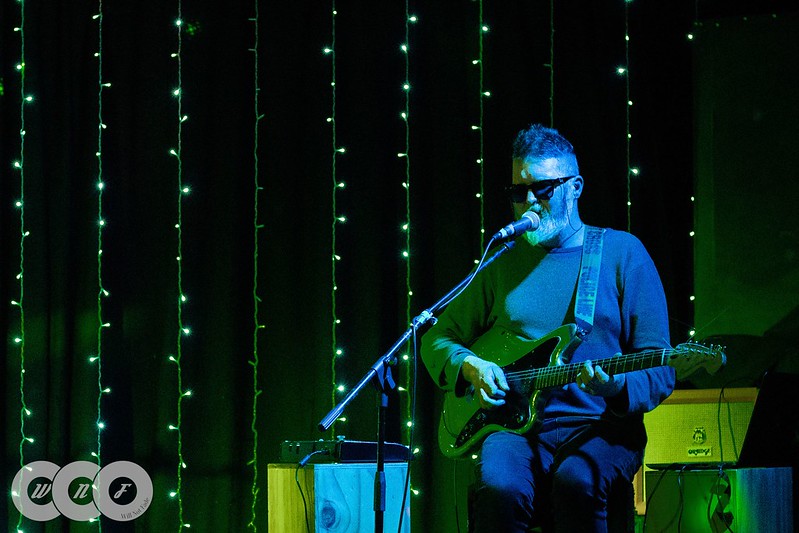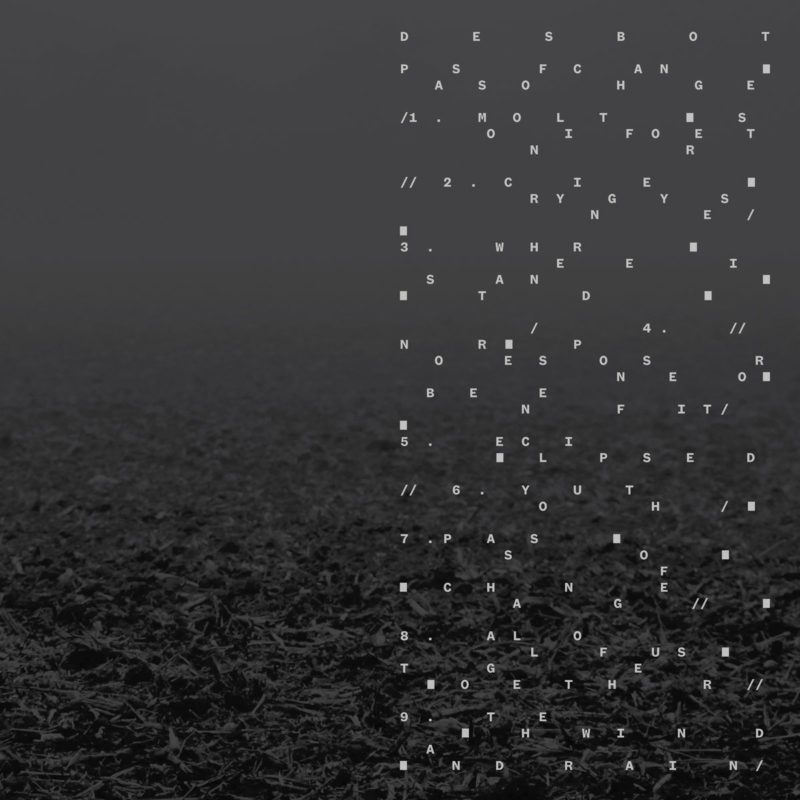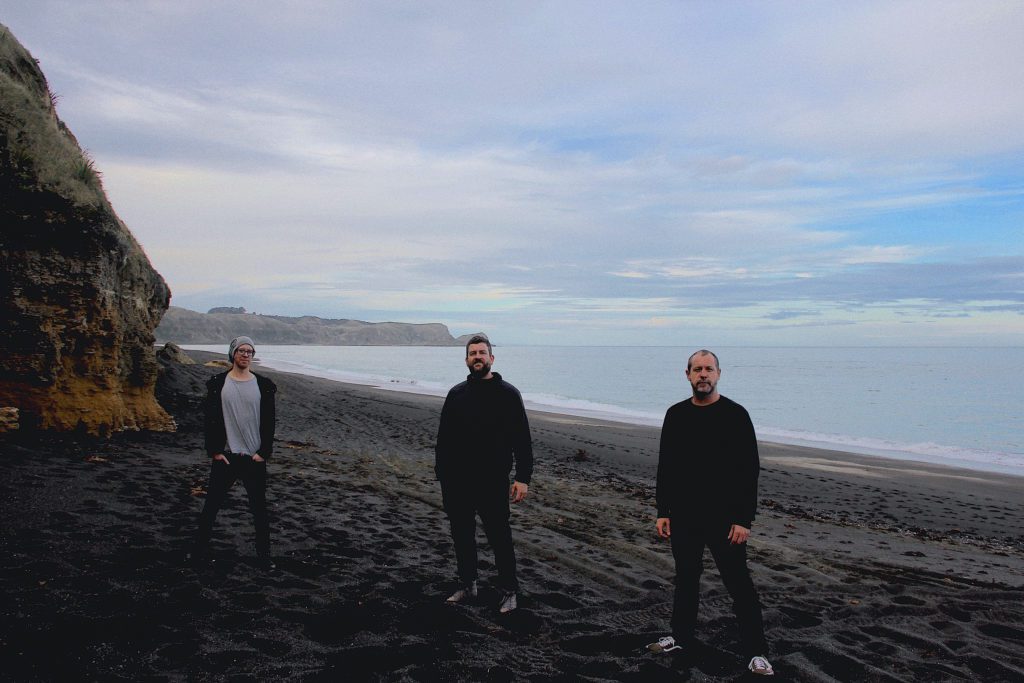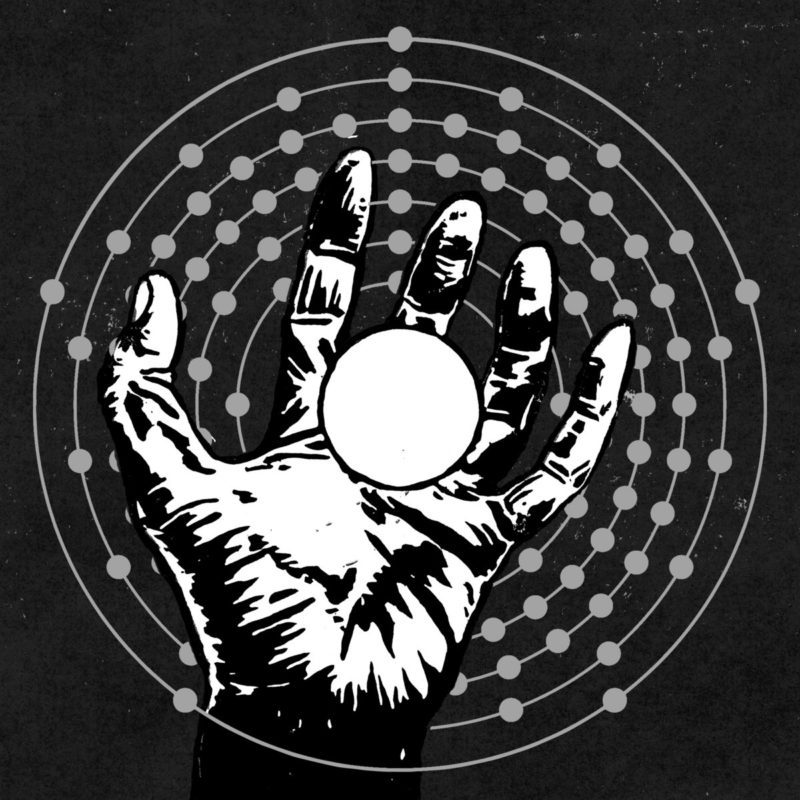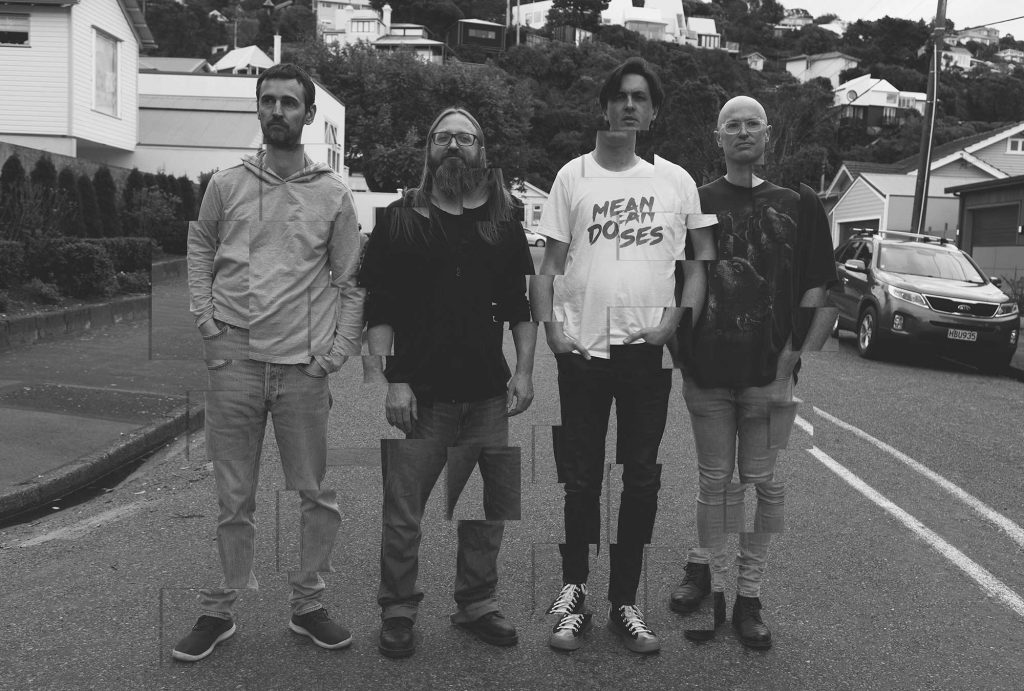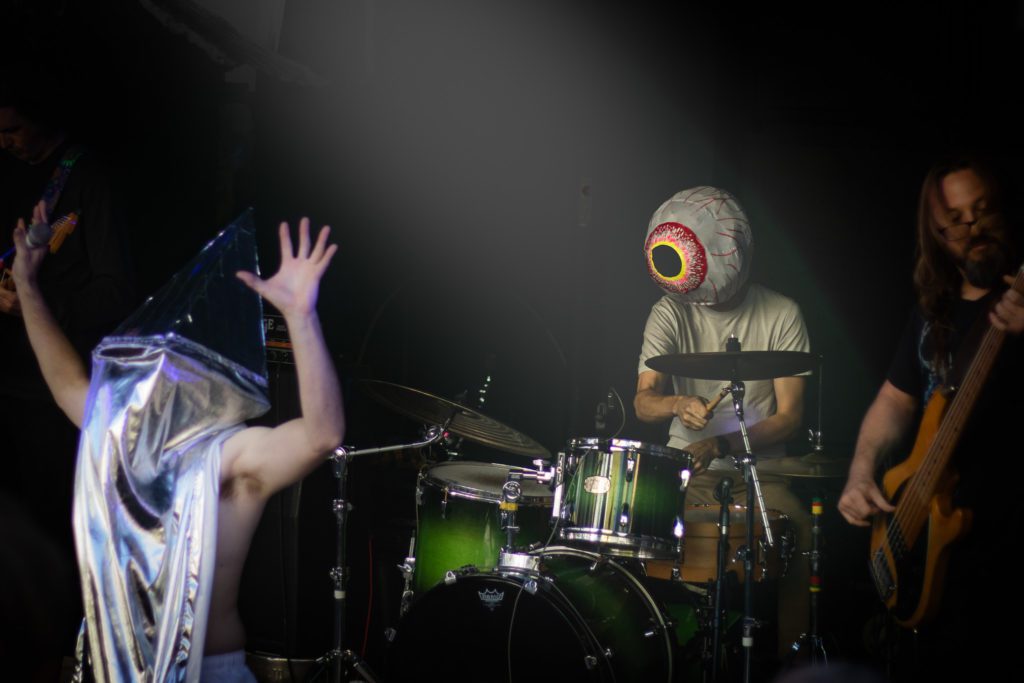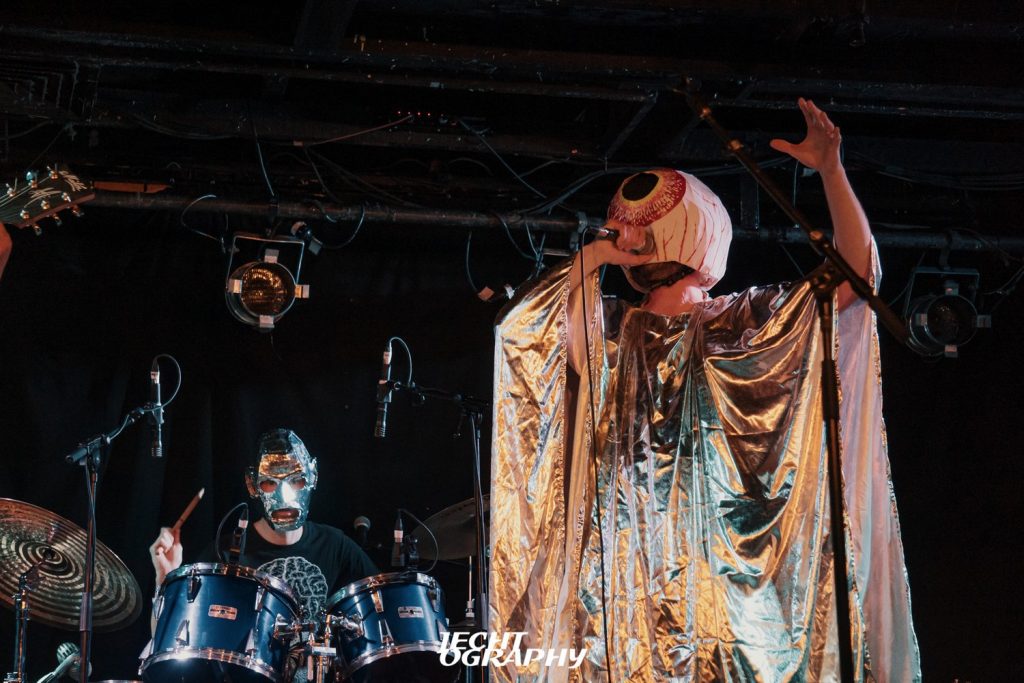sleepmakeswaves are the following:
- Fun
- Energetic
- Excellent riffs
- One of my favourite post-rock bands
- Absolutely awesome
- Hot, cool and sexy

I’ve seen sleepmakeswaves play twice. The first time was at San Fran, a local venue here in Wellington. They were opening for This Will Destroy You, and were incredible and definitely made TWDY look lame by comparison. The next time was in Melbourne, at Monolith Festival. Monolith was an awesome day featuring a unbelievably stacked lineup of Australian post and prog bands, and sleepmakeswaves played a stand out set that made me feel so giddy and happy that I think they should look at somehow packaging their music in pill form to be used as antidepressants.
I will be seeing them play in Belgium at dunk!festival this coming May as well and they are the band I am most excited to see.
But let’s not get ahead of ourselves.
I reviewed their album Made of Breath Only back in 2017. I loved it, of course. Since then sleepmakeswaves have released an ambitious 3 EP trilogy, a live album, and a split 7″ with Cog [Another fantastic Australian band. They also played the aforementioned Monolith Festival, and I’ve written about one of their side projects – The Occupants]. And now they’re treating us to a new record: It’s Here, But I Have No Names For It.
What a beautifully meta title. It’s basically called Untitled, but in the spirit of ridiculous long run-on names that are somewhat common in the post-rock scene [other examples: maybeshewill, 65daysofstatic, worriedaboutsatan]. I see other glimpses into their sense of humour when watching their Metallica cover [shaving a chopper mo just for the video is definite commitment to the bit!] and their 8bit computer game promo video for this album, and I get the impression that these lads would be great to hang out with.
Let’s engage in an imagination exercise. Picture me pressing play on this record. I’m listening to an advanced digital download, but it’s cooler if you picture me placing the needle onto the groove of the record while it spins on the turntable. Probably a splattery green pressing, to match the album art. It doesn’t matter – this is an imagined scenario anyway.
Cue fuzzy droning, a cool metallic metronome, a wicked drum beat, and a big build up. My face lights up more and more with each addition. There’s a pause, and then a huge bombastic drum fill. Suddenly I’m jumping around the room, playing air-drums, with a big pulsing quarter notes on the crash cymbal, whilst simultaneously wielding a sick air guitar and shredding. I’m full stank face mode, and we’re only a minute into the album.
Let that visual inform you of the tone of this review. sleepmakeswaves make me so excited and I need everyone to know about it.
Lead single “Super Realm Park” is big, energetic and driving. It has loud parts and quiet dynamic sections. There’s some glitchy electronic elements at times, and lots of tremolo playing. It finishes with a lovely piano outro. It showcases exactly what sleepmakeswaves are capable of.
Here’s an extract from the press release for the second single, “Ritual Control”:
The band comments: “Ritual Control was originally demoed as Dr. Riff Has Arrived. I still wonder whether we were mistaken to have not kept the old title.
Otto originally presented the skeleton of the song to us with the concern that maybe the riff were “too dumb”. In fact, Tim and I responded, they are the perfect quantity of dumb. Sure, these riffs aren’t going to earn a PhD but they will hold down a full-time job, get the kids to school on time and read the occasional piece of challenging non-fiction on weekends. These kinds of courageous and heartfelt conversations are the core of what effective post-rock songwriting is all about.“
Big dumb riffs. That’s what we want. Why think when you can headbang? Local doomlords Beastwars have the slogan “Obey the Riff”, which is both marketing genius and an apt phrase, and summarises exactly the feeling I’m trying to convey. Most sleepmakeswaves songs are instrumental. We don’t need to get caught up pondering meaning and . Dumb riffs = good music. Also, Soundgarden have a song entitled “Big Dumb Sex”. Not sure how that’s relevant but I feel it supports my case somehow.
I’m not sure which riff in “Ritual Control” riff is the “dumb riff” in question, but there’s a great part at 2:30 where everything drops out, and an extremely raunchy riff comes centrestage, and I must draw your attention to that part of the song.

The album starts of extremely strong, and you definitely know about this. Things shift gear down from such bombastic heights and begin to take a turn with the fourth track, “Black Paradise”, which features quiet guitar picking for the first half, followed by pretty synth drone and guitar swells in the following song, “Verdigris”.
Two songs features ethereal vocals, which is a point of difference for an instrumental band. We hear singing on “Terror Future” – with its especially outstanding basslines, and also on the titular track.
“It’s Here, But I Have No Names For It” is truly beautiful. The serene fingerpicking and searing yet calm guitar playing reminds me of Dan Caine’s work. It builds up with an anthemic rock feel, but there’s something special about this track that sets it apart from the others. It feels more considered and emotive, and somehow befitting of it’s name. To quote the band again: “The title is a line from zen and the art of motorcycle maintenance, about not needing to find words for everything all the time.” I can’t explain it, but I somehow understand how fitting that is when I hear the song.

This is what I wanted. This is what I needed. sleepmakeswaves delivers, yet again. It’s Here, But I Have No Names For It sounds simply huge. The album feels short, but it packs such a punch that perhaps more music would cause fatigue. It is an album of two halves. The immense, high energy rock songs at the start of the album are incredible and fill me with such incredible joy and excitement. And then the later half of the album features a few quieter tracks to show that sleepmakeswaves aren’t just a one-trick-pony. But trust me, it’s all fantastic. Or maybe don’t trust me – I’ve painted a picture of a madman when describing my reactions to sleepmakeswaves’ music. – but at least check out this excellent album.
sleepmakeswaves have Australian, American and European tours lined up to promote this album. They are playing alongside their countryfolk Meniscus and Tangled Thoughts of Leaving, as well as Taiwanese math-rockers Elephant Gym. I encourage you to attend one of those shows if you get the opportunity. As I mentioned earlier, I will be seeing them at dunk!festival in Belgium, and I am fizzing with excitement for it.
It’s Here, But I Have No Names For It will be released on 12 April 2024
sleepmakeswaves links:
Order: https://sleepmakeswaves.bandcamp.com
Instagram: https://instagram.com/sleepmakeswavesaus
Facebook: https://facebook.com/sleepmakeswaves
Label: https://birdsrobe.com
Review and photos by Joseph James
